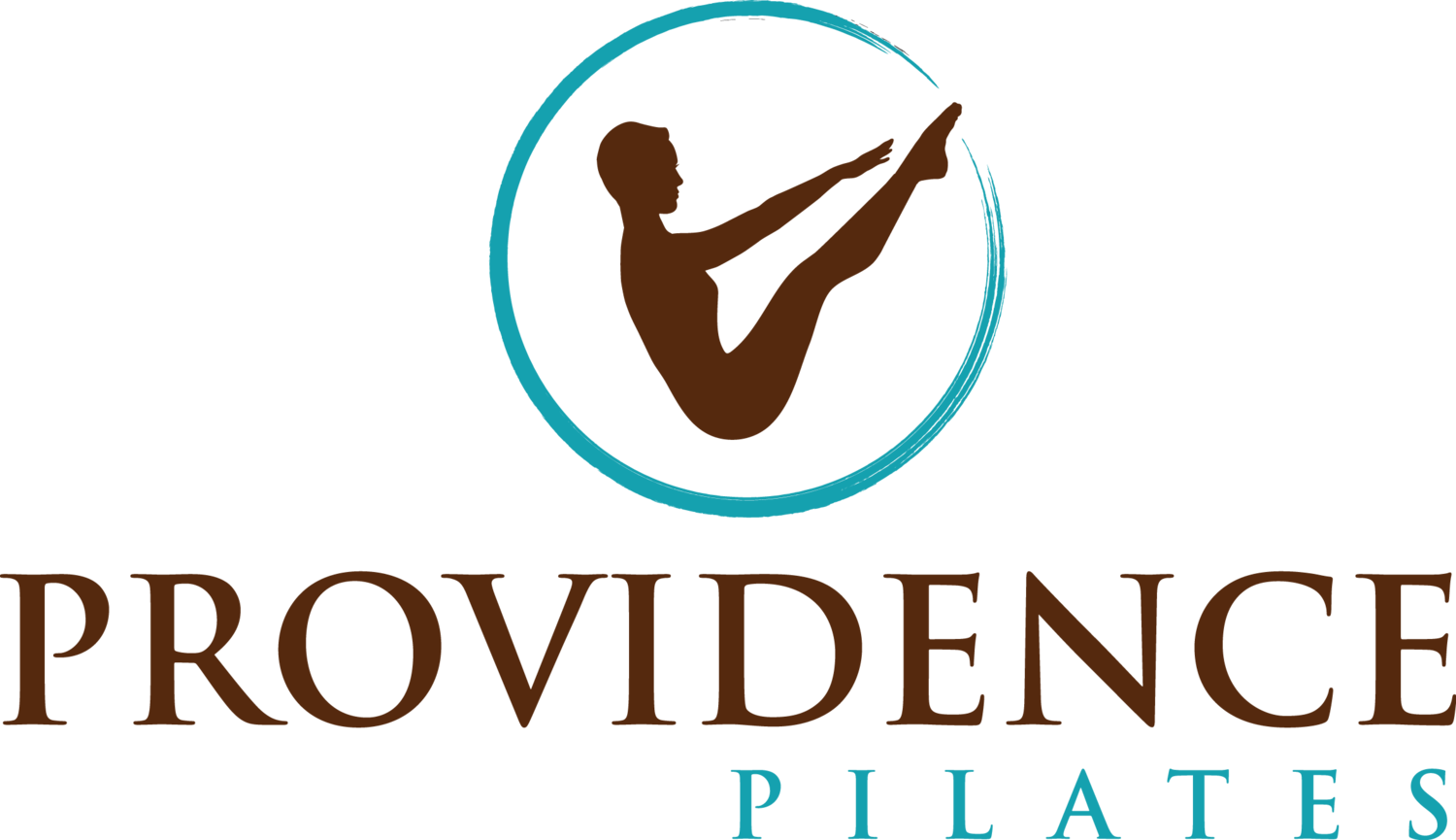8 Benefits Pilates Gives You For Stress Relief
Now, more than ever, the world could use a little (well, really.... a lot) of stress relief. This can be a particularly charged time of year for many of us and when things get heavy, I know that I can find some peace on my Pilates mat.
Pilates can be an effective way to relieve stress by addressing both the physical and mental aspects of tension and anxiety. Here's how Pilates helps with stress relief:
Focus on Breath Control:
Breathing techniques are a core part of Pilates practice. Pilates emphasizes deep, diaphragmatic breathing, which engages the parasympathetic nervous system and helps to calm the body. Deep breathing slows your heart rate and lowers blood pressure, which directly reduces stress levels. Focusing on breath also promotes mindfulness, drawing attention away from stressors and into the present moment.
Mind-Body Connection:
Pilates encourages mindfulness by making you concentrate on the movement of your body, proper form, and control. This focus on the present moment can serve as a form of active meditation, helping to clear your mind from daily stressors. When you're fully engaged in the movements, there's little room for your mind to wander to stressful thoughts.
Physical Tension Release:
Stress often manifests as physical tension, particularly in the neck, shoulders, and back. Pilates exercises are designed to stretch and strengthen muscles, promoting better posture and alignment, which can help alleviate muscle tightness and stiffness. By releasing built-up tension in the body, Pilates helps reduce both physical and mental stress.
Controlled Movements and Gentle Exercise:
The controlled, low-impact nature of Pilates is gentle on the body while still providing effective exercise. The focus on smooth, intentional movements helps release stress from the body without creating additional strain. This makes Pilates a great option for those looking for a less intense, restorative form of exercise that is still highly effective in stress management.
Improved Flexibility and Mobility:
Stress can make the body feel tight and rigid, but Pilates increases flexibility and mobility through dynamic stretching and strengthening exercises. As your muscles loosen and you become more flexible, your body feels less restricted, which can contribute to a greater sense of ease and relaxation.
Endorphin Release:
Like all forms of physical activity, Pilates stimulates the release of endorphins, the body's natural "feel-good" hormones. These endorphins improve mood and create a sense of well-being, reducing anxiety and helping you feel more at ease.
Structured Routine and Sense of Accomplishment:
Following a structured Pilates routine gives you a sense of control and accomplishment, which can help counter feelings of stress and overwhelm. The act of taking time for yourself and dedicating time to self-care can be empowering and build emotional resilience.
Enhances Sleep:
Stress often interferes with sleep quality, but Pilates can help by promoting relaxation and reducing mental and physical tension. By calming the body and mind through breathwork and movement, Pilates can make it easier to fall asleep and improve overall sleep quality, which further reduces stress.
Pilates helps reduce stress by promoting deep breathing, mindfulness, physical relaxation, and the release of endorphins. This holistic approach makes it a great tool for managing both the mental and physical effects of stress.
Try our new Pilates 101 class and get started on your Pilates journey today!

